Making the jump from casual/for-fun writing to being a published author is . . . well, it’s fun. It’s terrifying. It’s great and it’s awful. You go from being nervous while your friend reads your fanfic to being nervous while you wait for the publisher to send back edits.
It’s wonderful to see more people than ever trying out their writing skills through programs like NaNoWriMo. And the increased availability of self-publishing services means that, even if you can’t (or don’t care to) go all-out and try for a publishing contract, you can put your work out into the world.
I’ve been a published writer for what is, to be honest, a relatively short amount of time. Even with books and short stories under my belt, and entire series underway, there’s still a lot I don’t know about my own discipline. Moreover, there are things I wish anyone had told me that would have saved me so much anxiety early on. So instead, I’m paying it forward, just in case there are things someone else needs to hear.
Fanfic is still cool.
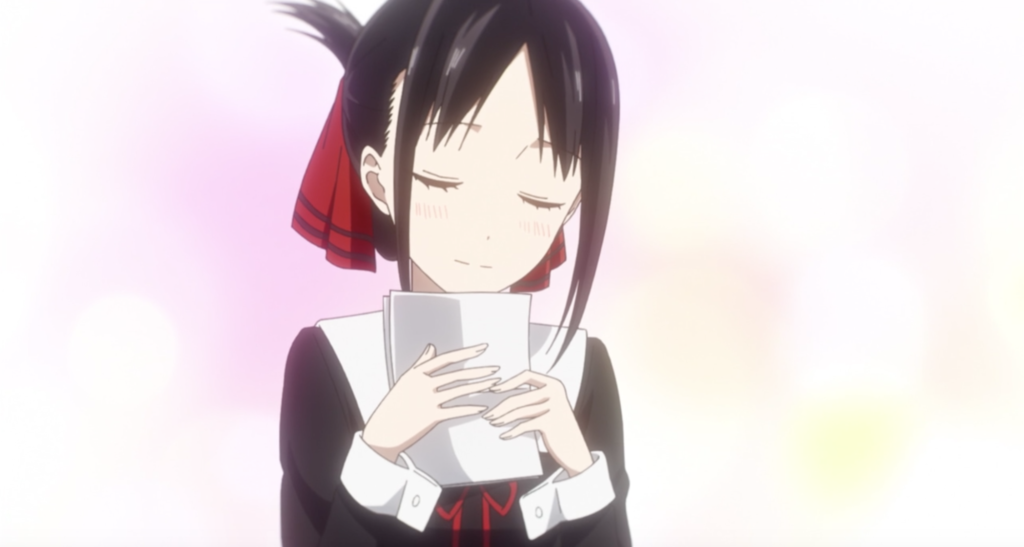
The “fanfic vs. real fic” debate will never stop, but I will say this: there are lots of published writers writing fanfic. It’s not a thing you graduate from or leave behind . . . not if you don’t want to.
Sure, there are showrunners who are believed to write fic of their own properties under pseudonyms to get all their ideas out into the world. But there are plenty who just flat-out write fanfic of their favorite things, sharing it on their blogs or social media or AO3. (Yes, I now have one, too.) It was freeing to realize just how many writers I admire are out there writing really solid fanfic for fun between their published work.
You’ve mentally inflated an “acceptable” acceptance rate.
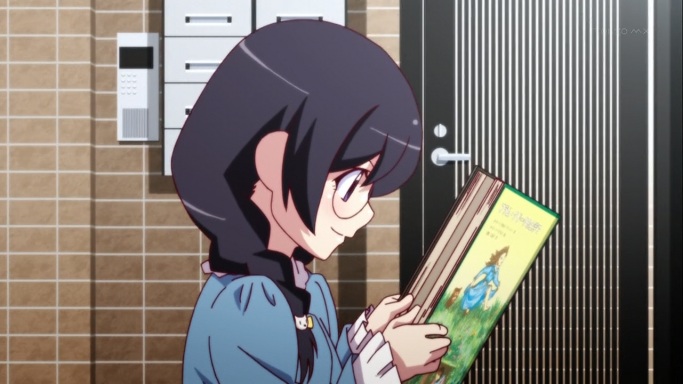
What if I told you that getting one out of every ten of your stories accepted is really good?
When we send out unsolicited manuscripts, we tend to see rejections as “failures.” And I know there are lots of stories out there about how this or that famous writer was rejected ten whole times before they got their gig. But the fact of the matter is, rejection is always part of the job. And if you’re landing something like 8-12% of your submissions, you’re doing well.
I was shocked when I lamented to a fellow writer a few years ago that only 15% of my submissions landed, and they told me that was actually very good.
The thing is, getting a story accepted involves lots of things. Whether it’s good or not is a very small part of the proceedings. There’s also whether it specifically fits what the editor is going for, whether it’s too like (or too unlike) the rest of the publisher’s current lineup . . . And if you’re going into an anthology, you’re one of hundreds of people vying for a handful of slots, whose stories need to mesh thematically.
You’re jumping through dozens of hoops, not just one, and many of them have nothing to do with your abilities. Every success is huge.
Editors are awesome word wizards who want you to be your best.
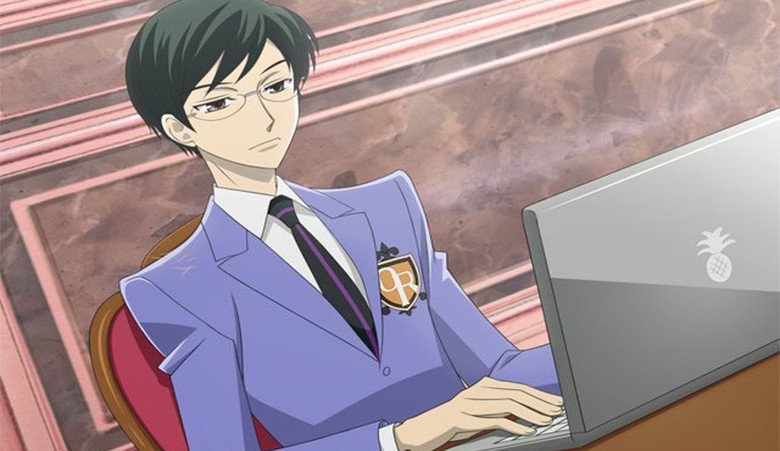
The editing process is kind of grueling. You’ve just been handed your manuscript you’re so proud of, and there’s red pen all over it, and now you’re being told there are problems and you need to fix them.
It’s natural to feel disheartened by edits. I’ve spoken to people who refuse to have an editor on their stories . . . and, well, it shows. The fact is, editors are here to make your great story even better.
There are bad editors out there, sure. If you encounter one who wants you to actually change the meat of the story to something you did not write, then you have reason to not want to work with them. But at their best, editors want your story to shine, so your readers can see your best work.
There’s no cutoff age for success.
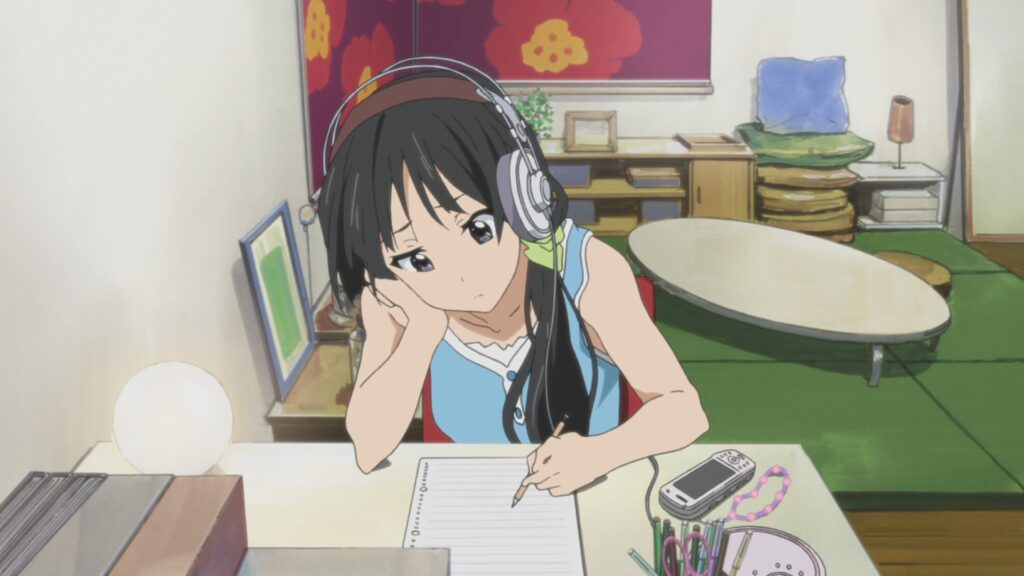
My eighth grade English class read S.E. Hinton’s The Outsiders. Our teacher continuously revisited the fact that Hinton had written the book at the age of 16, and how great that was. That repetition got into my 14-year-old brain: I only had two years to get my Great American Novel out, or I wasn’t as good as I could be.
Nowadays, successful writers and artists in their teens are all over the place. And it can feel even more daunting to hopeful creators in 2021 than it did to hopeful Kara in 1995. The thing is, there is no cutoff age at which it doesn’t matter. There really isn’t. I’m 40 and just hitting my stride. I know people who are getting their first publishing contracts at 50 and 60.
If you are young and successful, awesome. If you’re not young but still gunning for publication, just know you’re not on a deadline. Good writing is good, no matter how old the writer is.
Any words per day are enough.
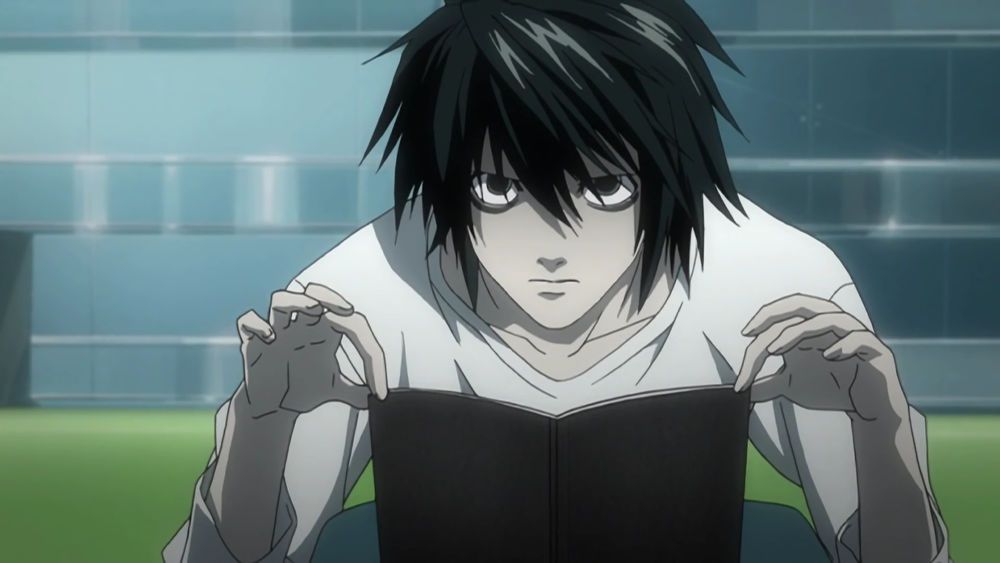
NaNoWriMo helps its users get in the habit of writing x amount of words per day. Do that, and you can rattle out a 50,000 word work in a month. But if you can’t do 5,000 or 2,000 or even 1,000, that’s fine. Do what you can. If you write any words, you’re writing.
Think about it like any habit. Anything greater than zero is an accomplishment. There are some days when I don’t have time to write my self-imposed word count. But even if I can get five words on a page, I count it as a success. Yes, writing up to a certain amount per day is the ultimate goal (especially if you have deadlines). But you have to start somewhere, and you have to cut yourself some slack.
I hear a lot of people say “I could never be a writer,” and the truth is—sure, you can. If it’s what you really want to do, then the barrier to entry is a lot lower than you think. You’re not obligated to be successful by a certain age, you’re not limited in what you can write, and you don’t have to meet nearly the degree of perfection you think . . . certainly not alone. If that’s the road you’d like to go down, all you have to do is get those first words on a page and go from there.

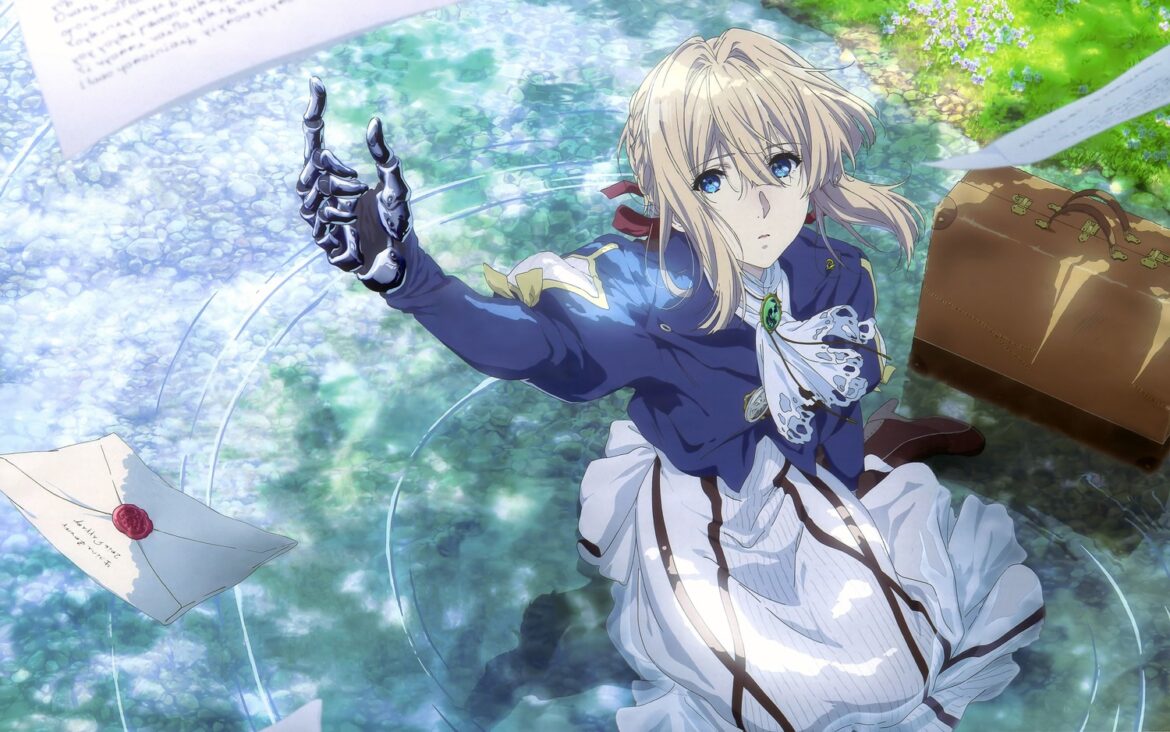
Comments are closed.